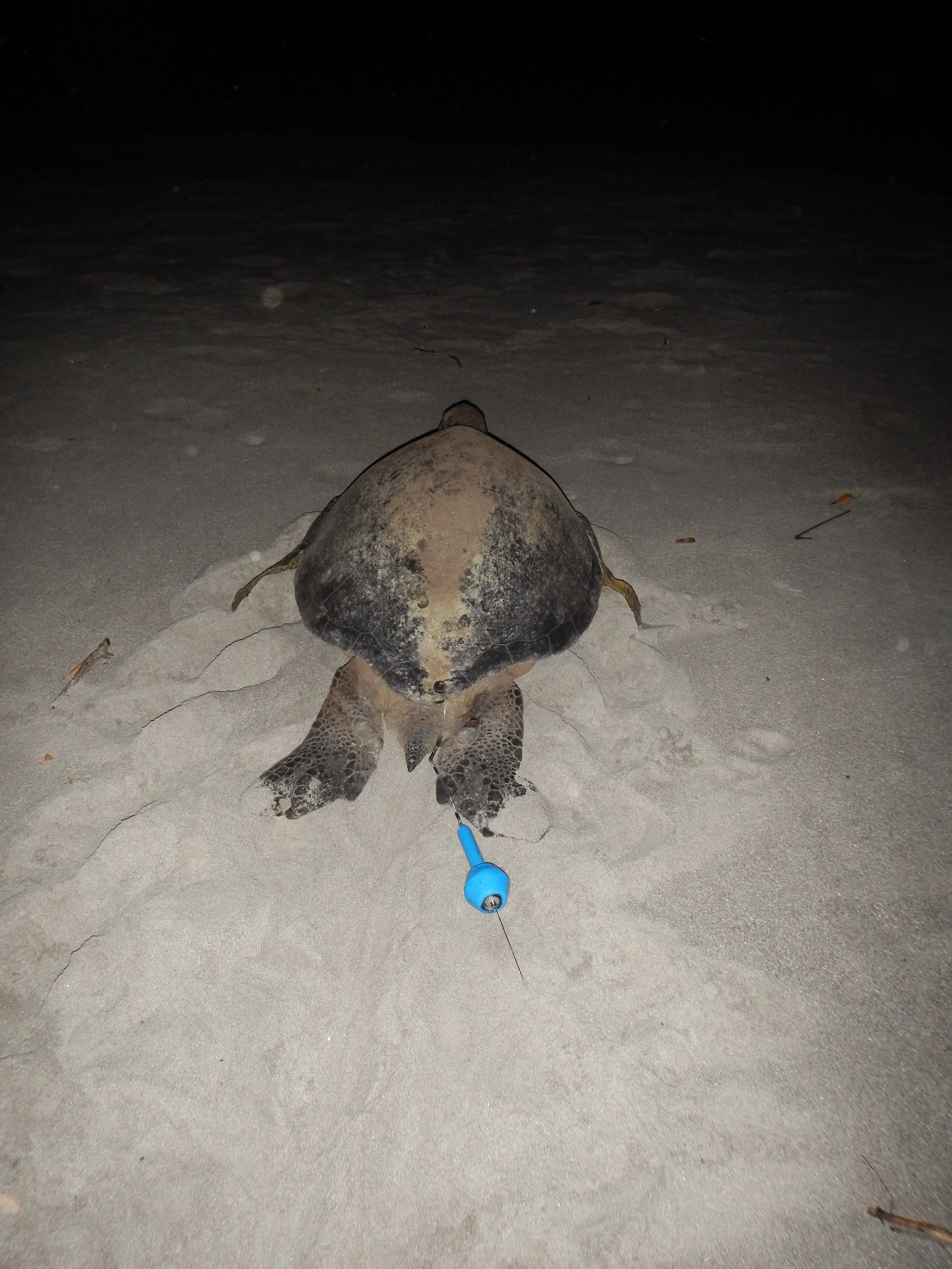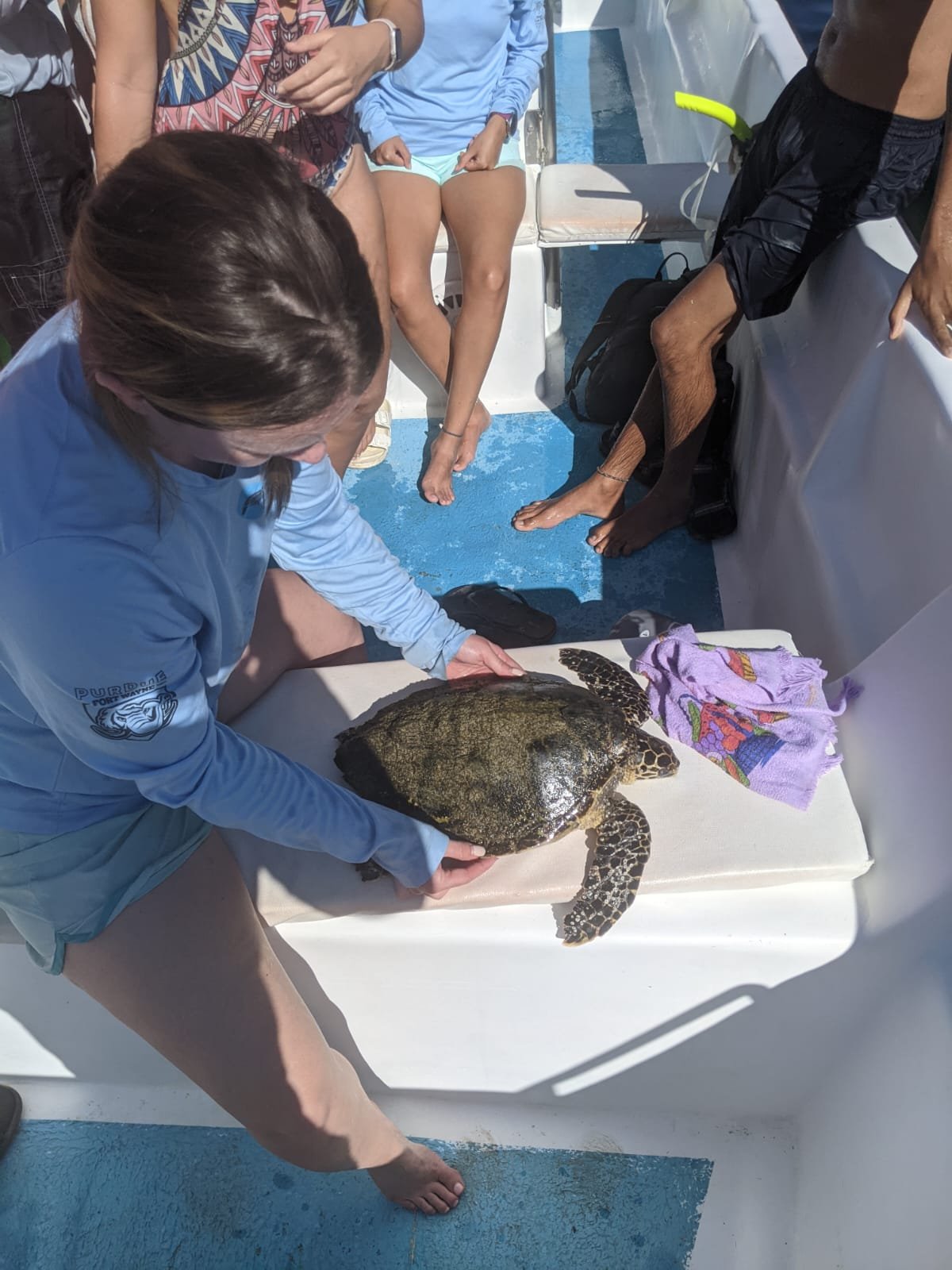When I read through federal laws designed to protect endangered species, I can see their merit. And I can see the ground on which they were built. The science is easy, as much of it is still relevant. It is clear in places where these laws have helped ensure clean water, fertile land, healthy game animals, fresh air, and recovery of critically endangered species. But I have to strain a bit to understand why people would want to put the fundamental rights of animals above their own.
Maybe these laws were written in a time when our economy looked a bit different, when our communities felt more stable, and we had a broader sense of security. Whereas today, we feel a sense of unease and economic stress, and it feels like we are being asked to accomplish more with less. I feel it is fair to ask whether it is right to put the rights of wildlife over the rights and freedoms of landowners. Are our conservation policies keeping pace with the lived realities of the people these lands support?
It is easy for scientists, like myself, to look at the big picture and see a future where we protect biodiversity and humans and animals thrive. But I don’t think this is achieved by hard-line laws that restrict people’s ability to profit from their land in the name of saving wildlife. Conservation does not work when humans struggle, conservation is about balancing the success and well-being of all animals in a community, human beings included.
It is time to take a hard look at how we protect wildlife and ensure we aren’t doing so at the expense of ourselves. That doesn’t mean abandoning our commitment to biodiversity. It means recognizing that one species thriving while another crumbles is not the goal of conservation. Even if that species is us. I know some of you will say that a strong ecosystem is vital to human health, food security, and long-term prosperity. But so are strong communities. The two must go hand in hand.
I think it is time for thoughtful reformation of our conservation laws. I understand the visceral reaction to avoid even opening this door. The fear that any agreement to have this discussion could result in a single corporation taking advantage of us, the available resources, and the land for profit leaving us with nothing. But that is not a good reason to continue as we are. We need conservation laws that are built with real-world input from the people who steward our forests, coasts, farms, and open spaces. We need to include the needs of humans and wildlife in our discussions. We need to make sure we’re not writing off the very people who keep this country going.
I truly believe that conservation that ignores communities isn’t sustainable and policies written without today’s realities in mind aren’t doing their job.


